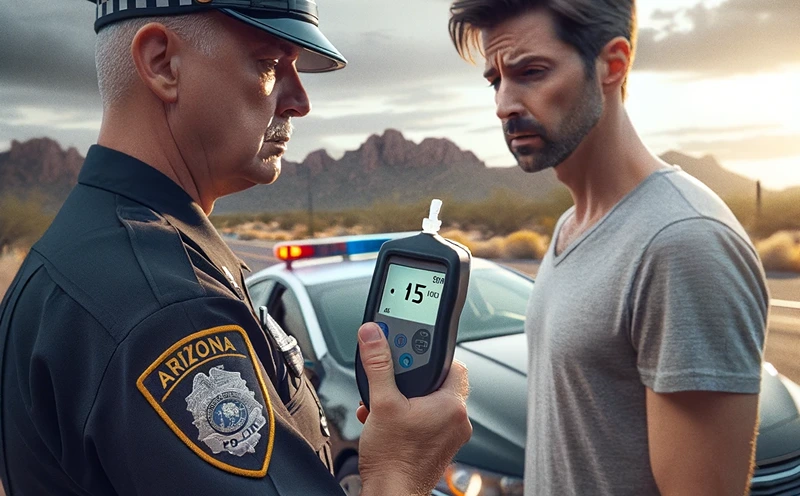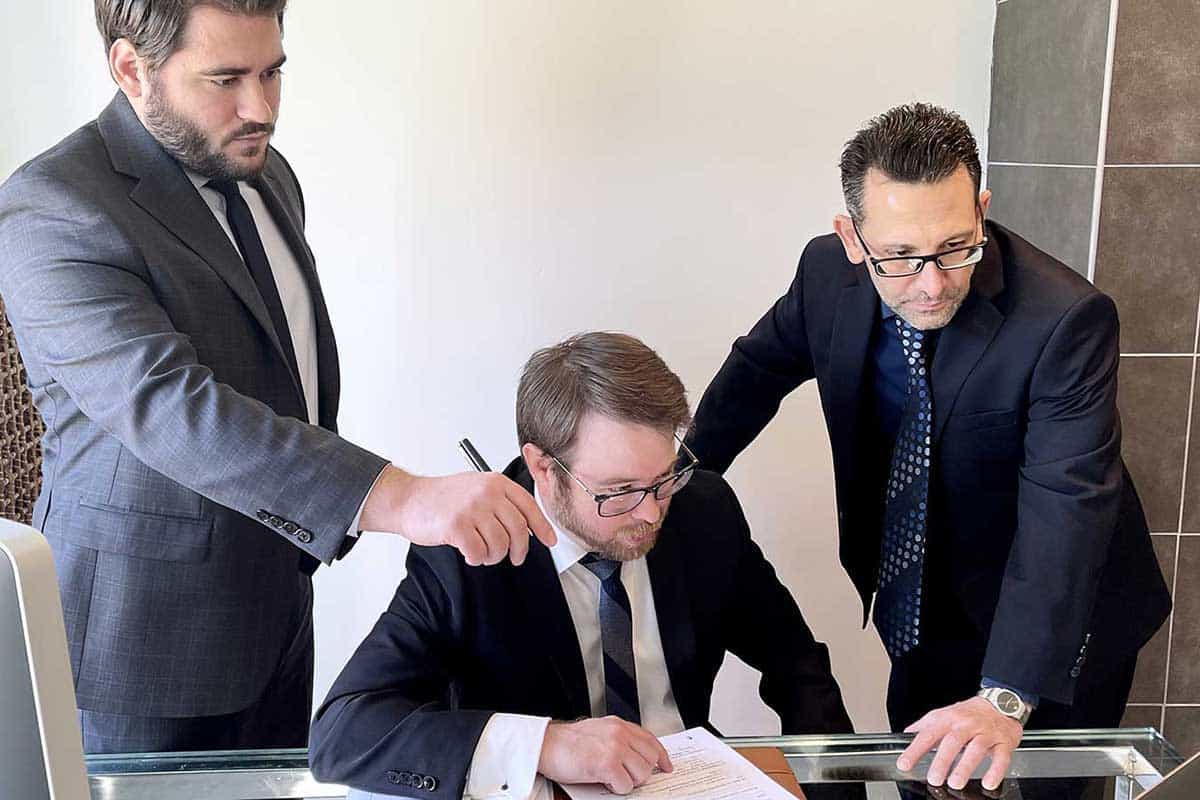
Furnishing Alcohol to a Minor in Arizona: A Closer Look at the Law and Its Consequences
Underage drinking is a serious problem in the United States, and the state of Arizona is one of the many that have enacted strict laws against it. Arizona law prohibits anyone from providing alcohol to those under 21, including parents to their children, without any exceptions for private settings. Violating this law can result in significant fines and community service. It is important to understand the law and its consequences to avoid any legal complications. This article delves deeper into the laws surrounding furnishing alcohol to minors in Arizona, exploring the various defenses available and providing insights into the legal ramifications of violating the law.
What is AZ Statute § 4-244(9)?
Arizona Revised Statutes (ARS) §4-244(9) makes it illegal for anyone to provide or furnish alcohol to minors, including parents or legal guardians. The statute reads:
It is unlawful for a person to knowingly cause, permit or procure any minor under the age of twenty-one years to consume spirituous liquor. It is also unlawful for any person to knowingly permit any minor under the age of twenty-one years to remain on the premises of a licensee and consume spirituous liquor.
This statute makes it clear that anyone who provides alcohol to a minor, regardless of the circumstances, is committing an offense under Arizona law. It also states that it is illegal to allow a minor to consume alcohol on the premises of a licensee.
The Consequences of Violating ARS § 4-244(9)
Violating Arizona's statute § 4-244(9) can lead to serious legal complications. If found guilty, offenders may face several consequences, including:
- Fines
- Community service
- Revocation of liquor license
- Probation
- Custody loss or restriction
- Criminal records
The consequences can vary depending on the case's severity, with repeat offenders likely receiving harsher penalties. It is worth noting that there are no exceptions to the law, including private settings, medical purposes, religious events, or parental supervision.
Defenses Against Furnishing Alcohol to Minors
While violating Arizona's underage drinking law is a criminal offense, certain defenses may be available in specific circumstances. Below are some of the most common defenses used in these cases:
Parental Consent Defense
A common defense used in furnishing alcohol to minors cases in Arizona is the parental consent defense. This defense argues that the minor had the consent of their parent or legal guardian when consuming alcohol. However, this defense may not always work, especially if the minor caused harm to others while under the influence.
Mistaken Age Defense
Another popular defense against furnishing alcohol to minors is the mistaken age defense. This defense argues that the accused reasonably believed that the minor was over 21. This argument can be challenging to make, especially if the accused did not ask for proof of age or did not bother checking the minor's ID.
Enticement Defense
The enticement defense argues that the minor actively sought alcohol from the accused, using various means like deception or false pretenses. However, this defense is challenging to prove, and the accused must demonstrate that the minor's actions went beyond merely requesting alcohol.
Good Faith Belief Defense
This defense is similar to the mistaken age defense. It argues that the accused acted in good faith and believed that they were following the law when they provided alcohol to the minor. However, this defense can be challenging to prove, and the accused must demonstrate that they acted in good faith based on reasonable circumstances.
False Accusations and Vindictive Prosecution Defense
The false accusation defense argues that the accused did not provide alcohol to the minor and that the minor falsely accused them. The vindictive prosecution defense, on the other hand, argues that the prosecution's case is merely a malicious attempt to bring charges against the accused, with no basis in fact or law. Both defenses can be challenging to prove, and the accused must demonstrate that the prosecution's evidence has no merit.
Conclusion
Arizona has enacted strict laws against furnishing alcohol to minors, with no exceptions for private settings or even parental consent. Violating this law can result in serious legal consequences, including fines, community service, and criminal records, among others. Understanding the law and its defenses is essential to avoid any legal complications. Common defenses used in these cases include parental consent, mistaken age, enticement, good faith belief, false accusations, and vindictive prosecution. By knowing these defenses, accused individuals can determine the best course of action to avoid conviction.
Sources:
- https://www.azleg.gov/viewdocument/?docName=https://www.azleg.gov/ars/4/00244.htm
- https://www.chmlaw.com/furnishing-alcohol-minor-arizona-defenses/








